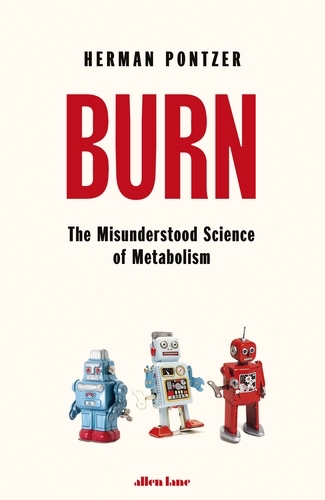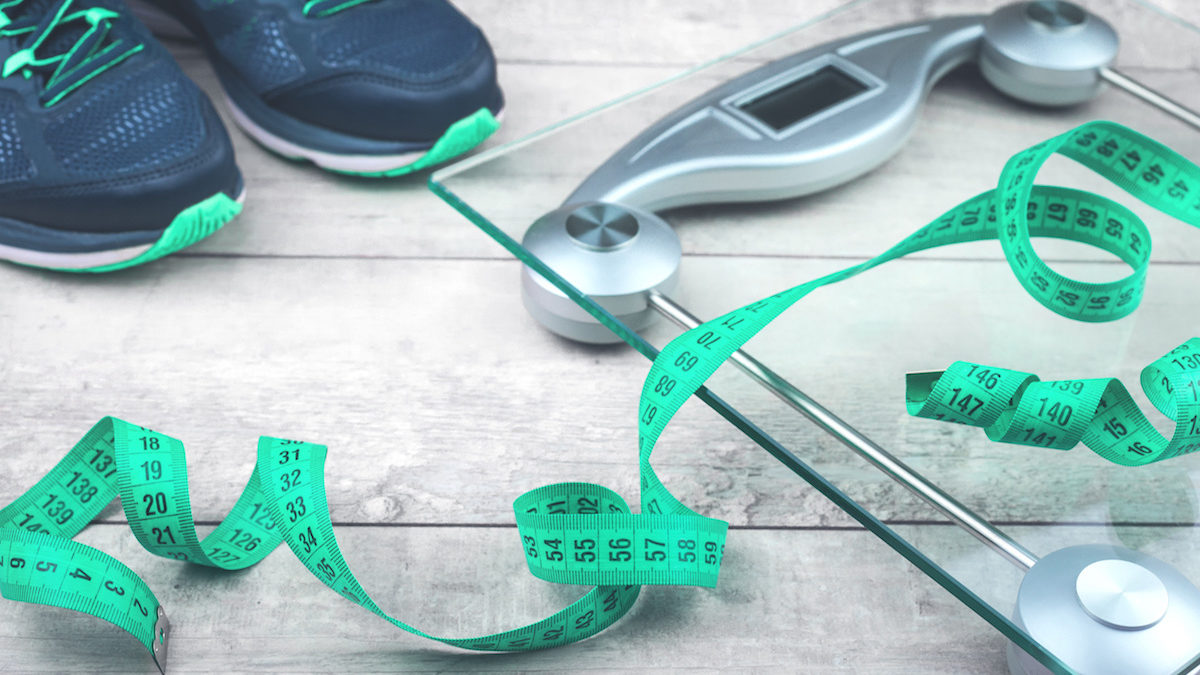The Metabolic Myth: Why the Idea of Exercising To Burn Calories Needs Rewriting

Dr Herman Pontzer’s new book Burn: The Misunderstood Science of Metabolism is mind-blowing, myth-busting, surprisingly digestible and frequently laugh-out-loud funny. But the associate professor of evolutionary anthropology at Duke University, North Carolina, tells Form over Zoom that the feedback hasn’t exactly been universally positive: “The really fun part about writing a book that challenges something as widespread and multifaceted as metabolism — which is literally everything your body does — and that touches on exercise and diet is that you manage to piss a lot of people off.”
If Dr Pontzer’s trying to help someone better understand the science of metabolism at, say, a dinner party, his groundbreaking fieldwork with the Hadza is a graspable if initially unbelievable entry point. The tribe of traditional hunter-gatherers in northern Tanzania, east Africa, dig tubers from the rocky earth, climb trees to retrieve honey from beehives and, armed with sticks, prise antelope carcasses off hungry lions. They average more physical activity in a day than their American counterparts do in a week. But they burn the same number of calories: around 2,000 to 3,000 a day, depending on body weight. Huh?

Most of us associate metabolism with physical activity and food, says Dr Pontzer: a small fraction of the largely unseen work of burning calories that all our cells do throughout the day. And when, as in the previous paragraph, we talk about calories — one of which is the energy needed to raise the temperature of one millilitre of water by one degree Celsius — we’re usually actually talking about kilocalories, or 1,000 calories, a widespread confusion arising from an arcane convention of capitalising “Calories” to mean kilocalories. Yes, the science of metabolism is misunderstood that fundamentally.
In what Dr Pontzer calls “the armchair mechanic’s view” of metabolism, your body is a machine: the more work it does, the more energy it burns. But your body is a dynamic organism that, like all other warm-blooded mammals, has evolved to match energy expenditure to a not always certain food intake, manipulating metabolism and hunger accordingly — because if you spend more energy than you can acquire then you eventually die. In the “constrained daily energy expenditure” model that Dr Pontzer puts forward, your body is more like a business, with an energy budget to allocate to its operations and the ultimate goal of reproduction.
If more calories are coming in than going out, the surplus is allocated to operations that can use it, or deposited as glycogen (“a quick-access account”) or fat (“savings”). If more are going out than coming in, cutbacks are made in non-essential departments — including reproduction, which makes sense as a lean-times strategy given our lives are long compared with other species and our offspring calorifically expensive. If the food scarcity is also long, a “strict and heartless Darwinian manager” will shrink less important organs but preserve your brain. (Whereas starving male mice, short-lived at the best of times, also preserve their testicles.)
If increased physical activity diverts more budget to your muscles, then in the short term your metabolic manager — AKA your hypothalamus — increases hunger. In the longer term, other operations such as reproduction, immune function and stress response are suppressed. You may also rest more and fidget less.
And in three to five months, your body will adapt and your energy expenditure will be nearly back to where you started. Exercise’s suppressive effect explains overtraining syndrome, which can’t be avoided by simply eating more. The limit of human endurance is a “metabolic ceiling”: your body can only absorb around 4,000 to 5,000 kcal a day, and can’t sustain a negative energy balance forever, because death.

“People say, ‘Are you telling me that if I go for a run today I’m not going to burn any more calories than if I sit on the couch tomorrow?’” says Dr Pontzer. “And no, that’s not the theory at all. You’re still going to have day-to-day fluctuations. It’s these sort of long-term, chronic changes in everything else that makes room for the new active lifestyle.”
Burn cites a study in which non-exercising men and women trained for a half-marathon. By week 40, the women were running 25 miles a week, an extra 360kcal of daily physical activity, but their daily energy expenditure increased by only 120 kcal. (The men showed similar results.) Their basal metabolic rate, the calories you burn at rest, had adjusted down.
This brings us back to why Burn pisses off a lot of people, specifically those with a vested interest in exercise as a tool for weight loss: Dr Pontzer concludes that exercise isn’t a very effective tool for losing weight. You should definitely still exercise, he says, which doesn’t change the number of calories you burn but does change the way your body spends them, taking budget from inflammation or stress response that might become chronic, besides a host of other benefits.
We evolved to move more than our simian cousins, and we suffer ill effects if we don’t. Exercise also seems to help people maintain weight loss, as shown by a study of obese Boston policemen. But subjects who initially just dieted lost the same amount of weight as those who also exercised.
Dr Pontzer has received positive feedback on his book too, from clinicians whose patients no longer have to feel like they’re failing at exercise because the scales aren’t going down. Public health messaging that gives equal weight to diet and exercise when “it’s 90 per cent – more like 95 per cent – diet” isn’t just confusing, he says, but despairing.

Burn also pisses off “keto and carnivore bros” and paleo dieters who don’t want to hear that we didn’t evolve to eat high-fat or only meat and sugar isn’t inherently evil. The Hadza get 15 per cent of their daily calories from honey — sugar and water — but don’t get diabetes, and humans around the world have survived and thrived on diverse diets: there’s no one “natural” way to eat.
Any diet that reduces your calorie intake in a way that is sustainable but “doesn’t feel like you’re starving yourself” can work, says Dr Pontzer, though he admits that finding one that works for you can be hard and time-consuming. He likes snacks, and beer, as much as the next person, but tries to mostly stick to whole foods his grandparents would recognise.
Dr Pontzer recommends cutting down on “patterned, behavioural” eating — reaching for snacks out of habit, when you’re not even hungry — and making energy-rich engineered foods harder to get: “You can’t eat the doughnuts if they’re not in your house.”
Taxes on these “freakish” foods could also help combat the global obesity pandemic, says Dr Pontzer. But, as Burn documents, we’ve got bigger energy balance problems to address. Our modern lifestyles have drastically reduced the amount of energy we personally spend hunting and gathering thanks to our vast, uniquely human consumption of external energy: an average of 47,000 kcal per person per day. We’re dining out on the metabolisms of long-dead animals and plants in a way that is not sustainable. And spending more energy than you can acquire does not end well.
‘Burn: The Misunderstood Science of Metabolism’ (Penguin) by Dr Herman Pontzer is out now.


















